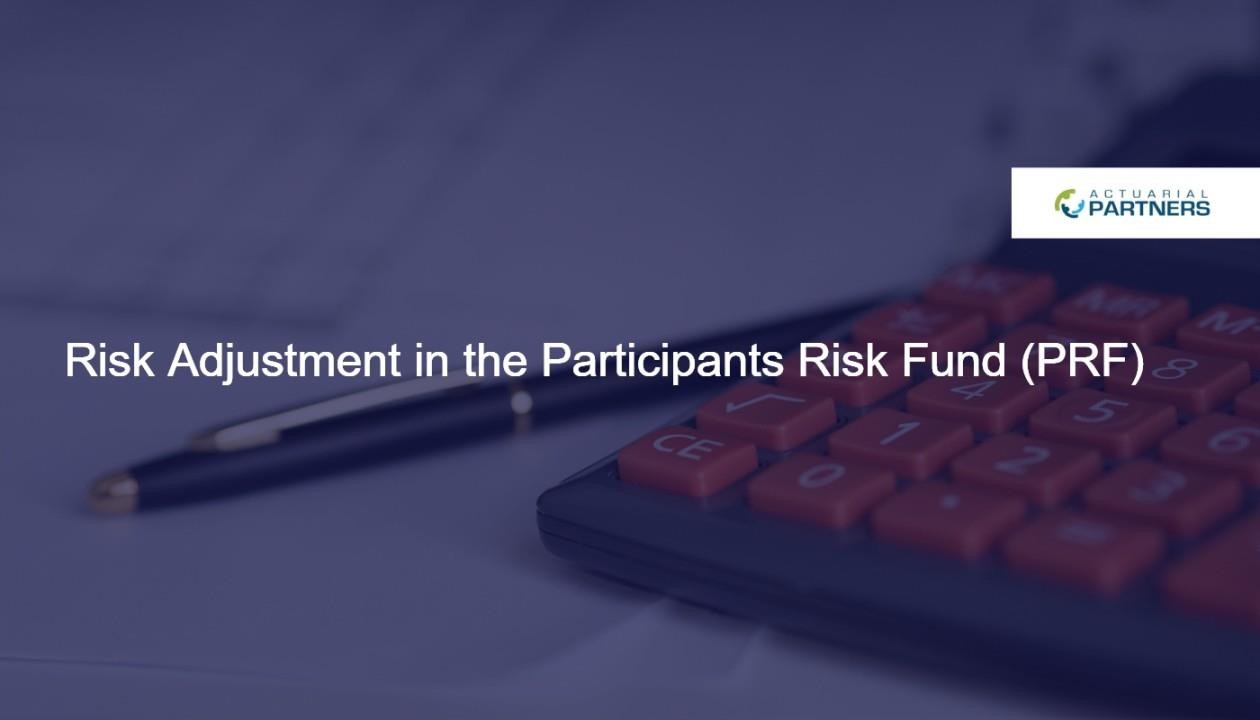Actuarial Partners has been active in takaful insurance consulting since 1984. We have been involved in all aspects of takaful from company setup to Appointed Actuary work.
Countries we have performed takaful assignments include: Malaysia, Brunei, Pakistan, Sri Lanka, Bangladesh, Afghanistan, Maldives, Mauritius, Jordan, Saudi Arabia, Bahrain, Qatar, UAE, Türkiye, Somalia, Ethiopia, Kenya, Sudan, Egypt, Algeria, Nigeria, Tanzania and UK .
For many assignments we were involved from the conceptual stage until product launch and continued to remain involved throughout the actuarial control cycle.
Subject Matter Experts



Case Study: Consultant Services to Establish Legal and Regulatory Framework for Islamic Insurance (Takaful) in Tanzania
The objectives and output was the design of Takaful Regulations as well as the development of Guidelines on Valuation of Assets and Liabilities for Takaful Operators, Guidelines on Takaful Operational Framework, Monitoring Framework for Takaful Operators, Annual Takaful Filings and Quarterly Takaful Filings. Our scope included detailed discussions with life and general insurers in the country to understand their interests and concerns over Takaful. We similarly had active discussions with the association of insurance brokers, the Islamic bank in Tanzania, insurance and banking regulators in Tanzania and Zanzibar as well as shariah scholars.
Case Study: Rehabilitation of a family takaful operator in Indonesia
The objective of this project was to firstly understand the reasons for the worsening financial position of the Takaful operator and recommend steps to rejuvenate its operations. We started with performing detailed experience analysis of the various assumptions, on an overall basis as well as segmented to the extent possible to understand the underlying reasons for any worsening experience. We then recalculated the actuarial reserves on our revised assumptions and our fine tuned methodology. Using this we then analyzed the solvency position of the company on a local Indonesian solvency basis as well as on an economic capital basis. We also performed profitability testing of the various subsegments of the business on an as is basis as well as required adjustments in order to achieve profitability. We also reviewed the potential of each segment of business including the level of competition and any particular strengths the operator has relative to other Takaful operators. Based on this we provided recommendations by subsegment of business. Finally we provided an appraisal valuation on an as is basis as well as potential value should our recommendations be implemented.
Related Blog Articles
 IFRS 17 and Takaful – RiskTransfer or Risk Sharing:Conclusion (1/1/2022) – The question of whether takaful involves risk transfer or risk sharing is fundamental to the accounting of takaful. It is not satisfactory to just say that takaful is about risk sharing and yet it is accounted as risk transfer. You know that there is risk transfer being accounted under IFRS 17 when the Revenue Account… Read More
IFRS 17 and Takaful – RiskTransfer or Risk Sharing:Conclusion (1/1/2022) – The question of whether takaful involves risk transfer or risk sharing is fundamental to the accounting of takaful. It is not satisfactory to just say that takaful is about risk sharing and yet it is accounted as risk transfer. You know that there is risk transfer being accounted under IFRS 17 when the Revenue Account… Read More Light at the end of the tunnel (but we are not there yet) (11/1/2020) – My first article of this series on applying IFRS 17 to takaful was posted on November 13 2019. Exactly one year on, and after ten such postings, I can report that Malaysia is moving somewhat in the right direction as to satisfying the two guiding principles of accounting for takaful: That the presentation of the… Read More
Light at the end of the tunnel (but we are not there yet) (11/1/2020) – My first article of this series on applying IFRS 17 to takaful was posted on November 13 2019. Exactly one year on, and after ten such postings, I can report that Malaysia is moving somewhat in the right direction as to satisfying the two guiding principles of accounting for takaful: That the presentation of the… Read More Accounting for Takaful under IFRS17 (9/1/2020) – Accounting for insurance is a complicated matter. It took the IASB nearly 20 years to produce IFRS17. Over the period during which IFRS17 was formulated, no submission was made to the IASB to determine its applicability to takaful. Now that the standard is out, takaful companies are scrambling to determine how to apply the standard… Read More
Accounting for Takaful under IFRS17 (9/1/2020) – Accounting for insurance is a complicated matter. It took the IASB nearly 20 years to produce IFRS17. Over the period during which IFRS17 was formulated, no submission was made to the IASB to determine its applicability to takaful. Now that the standard is out, takaful companies are scrambling to determine how to apply the standard… Read More Risk Adjustment in the Participants Risk Fund (PRF) (8/1/2020) – IFRS17 (the Standard) requires that the fulfilment cash flows in the determining the liability underlying an insurance contract includes a Risk Adjustment (RA) for non-financial risks. Specifically Paragraph 37 says: “An entity shall adjust the estimate of the present value of the future cash flows to reflect the compensation that the entity requires for bearing… Read More
Risk Adjustment in the Participants Risk Fund (PRF) (8/1/2020) – IFRS17 (the Standard) requires that the fulfilment cash flows in the determining the liability underlying an insurance contract includes a Risk Adjustment (RA) for non-financial risks. Specifically Paragraph 37 says: “An entity shall adjust the estimate of the present value of the future cash flows to reflect the compensation that the entity requires for bearing… Read More IFRS 17 and Takaful – Risk Transfer or Risk Sharing? (7/1/2020) – The discussion within the accounting fraternity in Malaysia as to the accounting treatment of takaful under IFRS 17 is ongoing. But given the practical challenges of implementation under COVID-19 conditions, the sector needs to resolve these issues within the year, says Mr Zainal Kassim of Actuarial Partners Consulting. The issue with Islamic Financial Institutions (IFIs,… Read More
IFRS 17 and Takaful – Risk Transfer or Risk Sharing? (7/1/2020) – The discussion within the accounting fraternity in Malaysia as to the accounting treatment of takaful under IFRS 17 is ongoing. But given the practical challenges of implementation under COVID-19 conditions, the sector needs to resolve these issues within the year, says Mr Zainal Kassim of Actuarial Partners Consulting. The issue with Islamic Financial Institutions (IFIs,… Read More It’s the Wakala Fee (7/1/2020) – Recently Actuarial Partners conducted a series of webinars on takaful which culminated in demonstrating the complications that will arise applying B67 to B70 of IFRS 17 (the Standard) at the Takaful Entity (TE) level (for access to the webinar series please follow the following link https://learnatap.com/webinars2/. During the webinars we emphasised two important considerations which… Read More
It’s the Wakala Fee (7/1/2020) – Recently Actuarial Partners conducted a series of webinars on takaful which culminated in demonstrating the complications that will arise applying B67 to B70 of IFRS 17 (the Standard) at the Takaful Entity (TE) level (for access to the webinar series please follow the following link https://learnatap.com/webinars2/. During the webinars we emphasised two important considerations which… Read MoreTakaful online courses.
For more information on our Takaful online courses, please visit our learn@AP site.
View Our YouTube Playlist
Get more insights on Takaful on our YouTube channel
